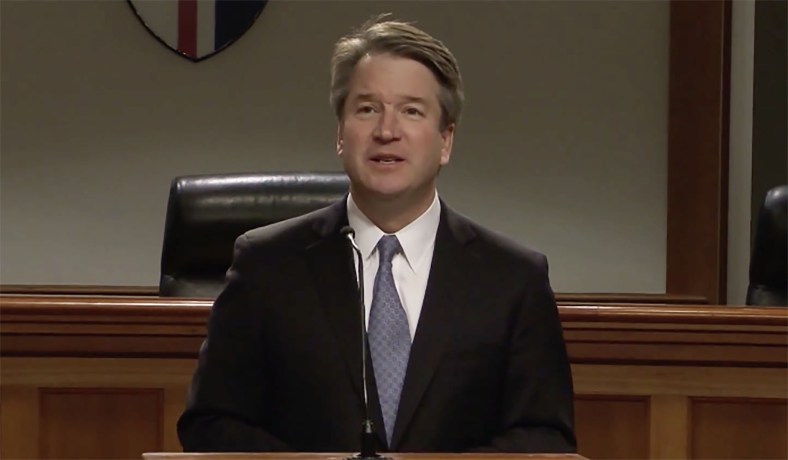Last week I blogged about the IRS prohibition on pulpit endorsements and why it is unjustified. A couple days later, in a very thoughtful post inspired by the IRS’s recent abandonment of its investigation into the NAACP’s political activities, Bob Bauer went even further:
“Better to do away with the prohibition [on political intervention] altogether, as an illegitimate condition on tax-exempt efforts. Rather than bloody each other up with complaints, indifferent to the ethics of compliance but hungry for political advantage, progressive and conservative churches and other nonprofits might press jointly for reform–reform in favor of speech, for a change.”
We think Mr. Bauer is right and the issue deserves more discussion. Conveniently, current events have provided a timely case-study.
Americans United for the Separation of Church and State (AU) recently blogged about a brewing scandal in the nation’s heartland: a politician reaching out to his base. Seriously. The post, which went up Friday afternoon, notes that Kansas Attorney General Phill Kline, “an opponent of reproductive rights and civil rights for gays, apparently feels the need to engage his Religious Right base.” The actual controversy concerns an internal memo, recently leaked to the press, which reveals Kline’s desire to speak at churches and invite parishioners to off-site fundraising events.
What threat does Kline’s campaign pose to the separation of church and state? None that we can discern, but AU’s theory seems to be that politicians who reach out to religious voters are more likely than other politicians, once elected, to violate separation principles (according to their website, “The single greatest threat to church-state separation in America is the Religious Right.”). Ordinarily, such violations would be policed through judicial review of political output, ensuring compliance with both the Free Exercise and Establishment Clauses. AU’s approach (and whether intended or not, the approach taken by the IRS) seems focused on political input; by making it harder for politicians to reach out to voters on the basis of religion, such politicians are less likely to get elected in the first place. While AU acts by aggressively reporting what it perceives as violations of the tax code, it’s worth noting that this approach mirrors the prophylactic logic of campaign finance generally: prevent special interest legislation (be it religious or secular) by regulating (or more precisely, limiting) political speech.
This preemptive approach carries a high price. Judicial review is surgical; it finds an offending law and voids it while leaving other democratically-enacted legislation unaffected. By contrast, chilling expression during the election stage, if it ultimately affects the outcome, undermines the passage of offending and unoffending legislation alike, skewing political output in ways that are unknown and unknowable.
In its post, however, AU downplays the threat that restrictions on 501(c)(3) organizations will chill expression:
Federal tax law is not complicated in this area: It bars nonprofit organizations, including houses of worship, from endorsing or opposing a politician’s bid for public office. Nonprofits are free to run even-handed voter-registration drives or hold fair candidate forums or speak out on public policy issues, but they cannot use their resources to endorse candidates. If they do, they risk their tax privileges or fines by the Internal Revenue Service.
We’re skeptical whenever federal tax law is described as “not complicated” and, for reasons I discussed here, Bob Bauer discussed here, and Francis Hill discussed here, our skepticism of these particular regulations seems well-founded. But more importantly, the Center for Competitive Politics is skeptical whenever anyone suggests that regulating political input is the appropriate way to police political output. As a means of protecting the Free Expression and Establishment Clauses, it is an approach that is profoundly overbroad and undemocratic.













